Guides
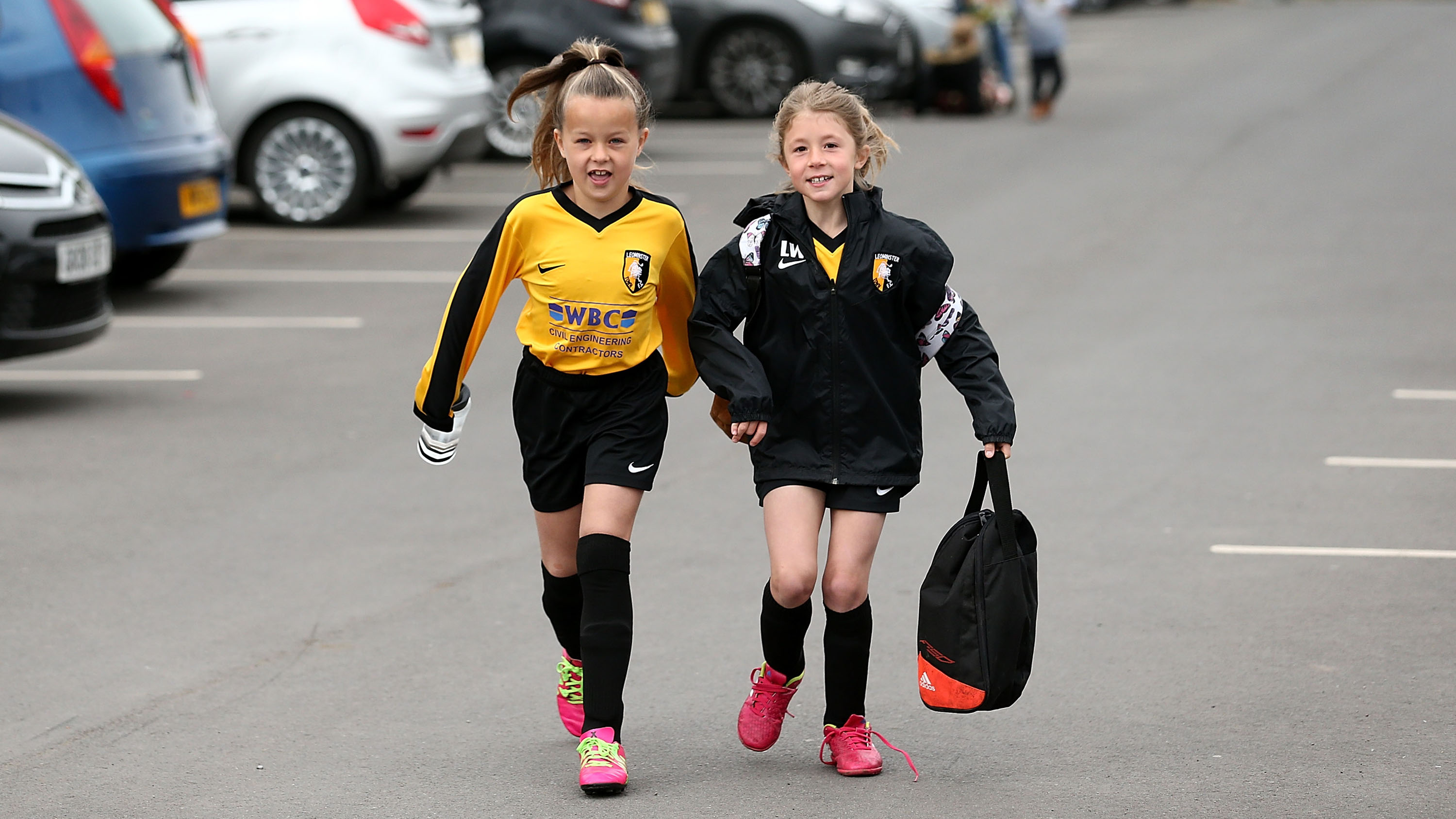
Why is social development important?
- The Boot Room
- 01 October 2018
From making friends to dealing with disagreement, the ability to interact successfully with others is incredibly important.
Children with strong social skills find it easier to establish good relationships and this has a positive impact on their wellbeing. Luckily, Foundation Phase football is a great way to ‘kick start’ your players’ social sensibilities. It offers the opportunity to:
- work as part of a team
- develop empathy
- establish a healthy relationship to winning and losing.
Today, children are playing football at younger ages than ever before.
This early engagement with physical activity is very positive. However, when young players arrive in your team their social awareness is often low. As a result, they may struggle to consider other people, and tend to prioritise their own needs instead.
To help manage this, your coaching should provide:
- lots of individual ball work, which is a constructive opportunity for ‘self focus’
- guidance on how to consider the feelings and thoughts of others.
This can be hard work.
And coaching young teams often falls at the feet of the least experienced volunteer. For example, you may have heard comments like ‘try the babies first and, if you’re any good, you can work with the older players’. But remember: whatever the age of your players, working with children is important. A coach who knows how to support their team can make a unique contribution to long-term social development. To find out more about why this matters, scroll down now.
Step one: players aged 5-8
Your players deserve the best possible start in life and the support that helps them to fulfil their social potential. At this age, we want every child to:
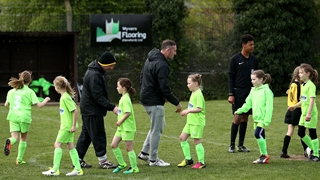
1.
Understand how their behaviour impacts their own learning – and the learning of others.
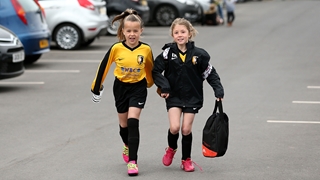
2.
Have the skills required to make friends.
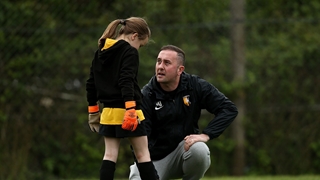
3.
Build relationships with different children and adults.
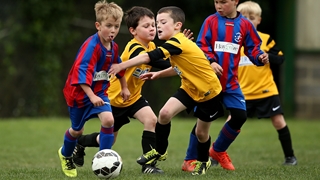
4.
Experience an enjoyable introduction to competitive sport.
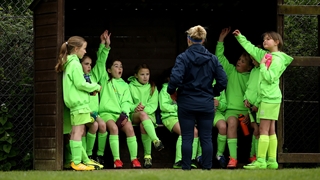
5.
Feel comfortable talking to others.
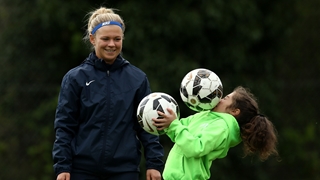
6.
Maximise their capacity to imagine and mimic.
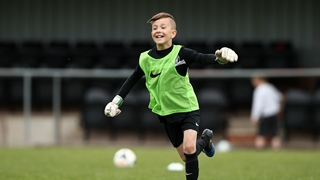
7.
Develop a life-long love of physical activity.
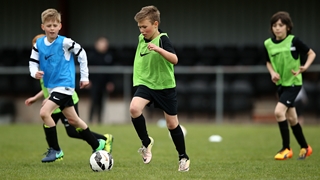
8.
Feel confident in mastery of their body and the ball.
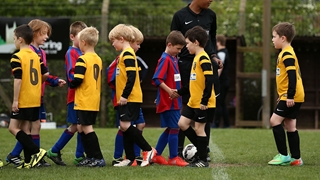
9.
Demonstrate sportsmanship and respect.
It's important to remember that, as your team gets older, these '5-8' aims don't just disappear; you should continue to work towards them throughout the Foundation Phase.
Step two: players aged 9-12
As your players get older, social situations can become more complex and harder to navigate. For example, towards the end of the Foundation Phase, your players will be more aware of how they interact with others (who they like and dislike) and the fact that, as a team, they need to work together.
At this age, we want every child to:
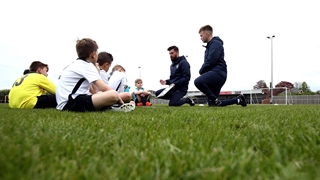
10.
Appreciate that teammates may have different opinions, values and experiences.
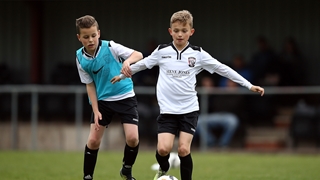
11.
Recognise what others bring to the team.
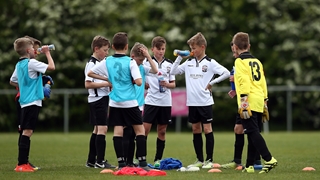
12.
Understand what they, themselves, bring to the team.
Next steps
Want to know how to support your players' social development? Click here.










